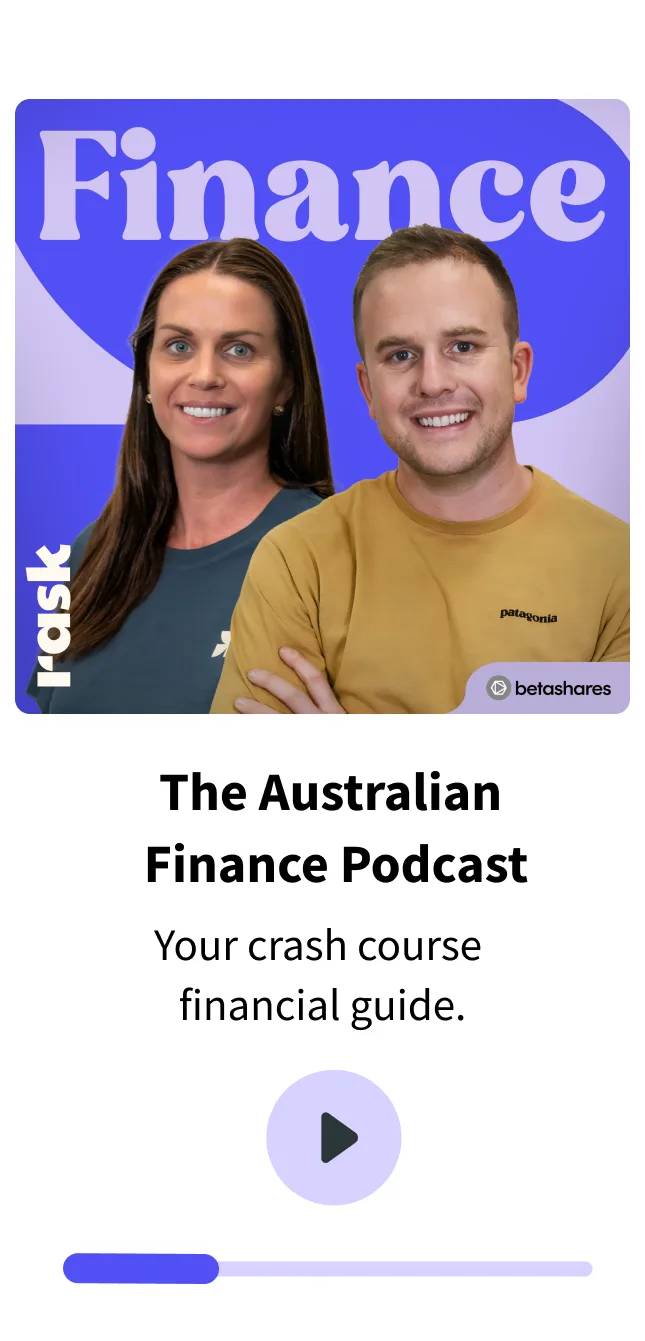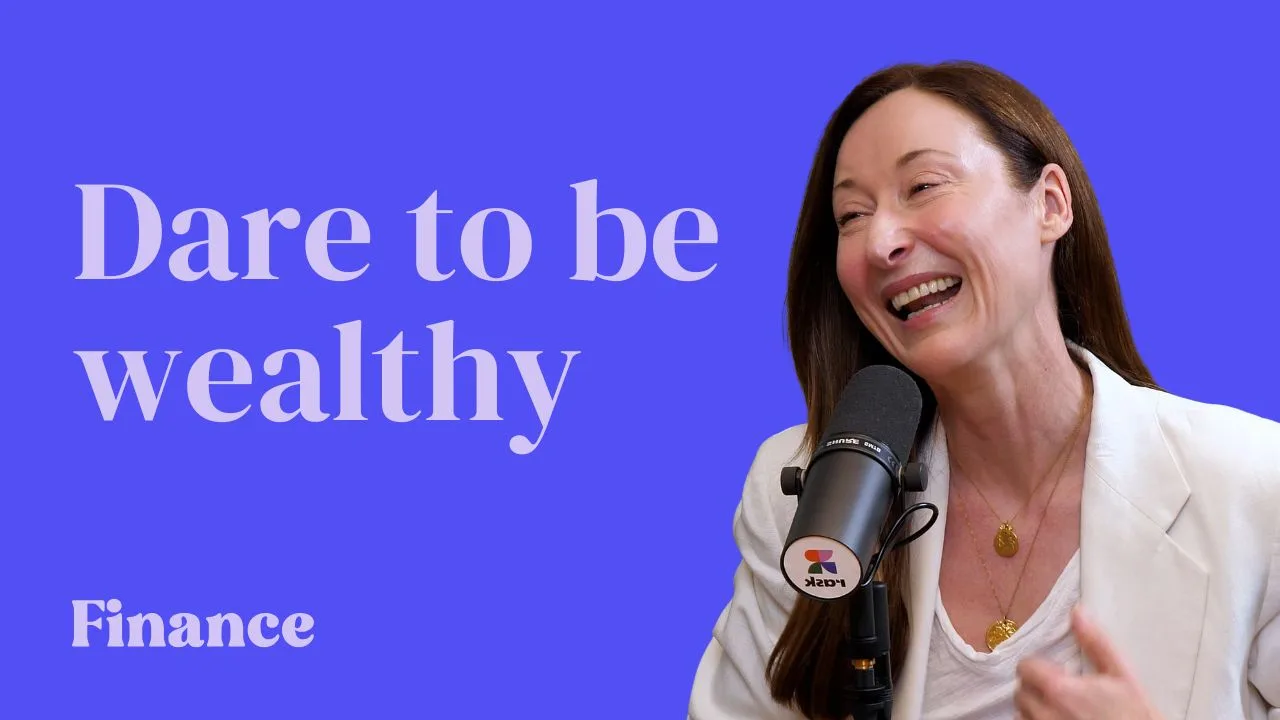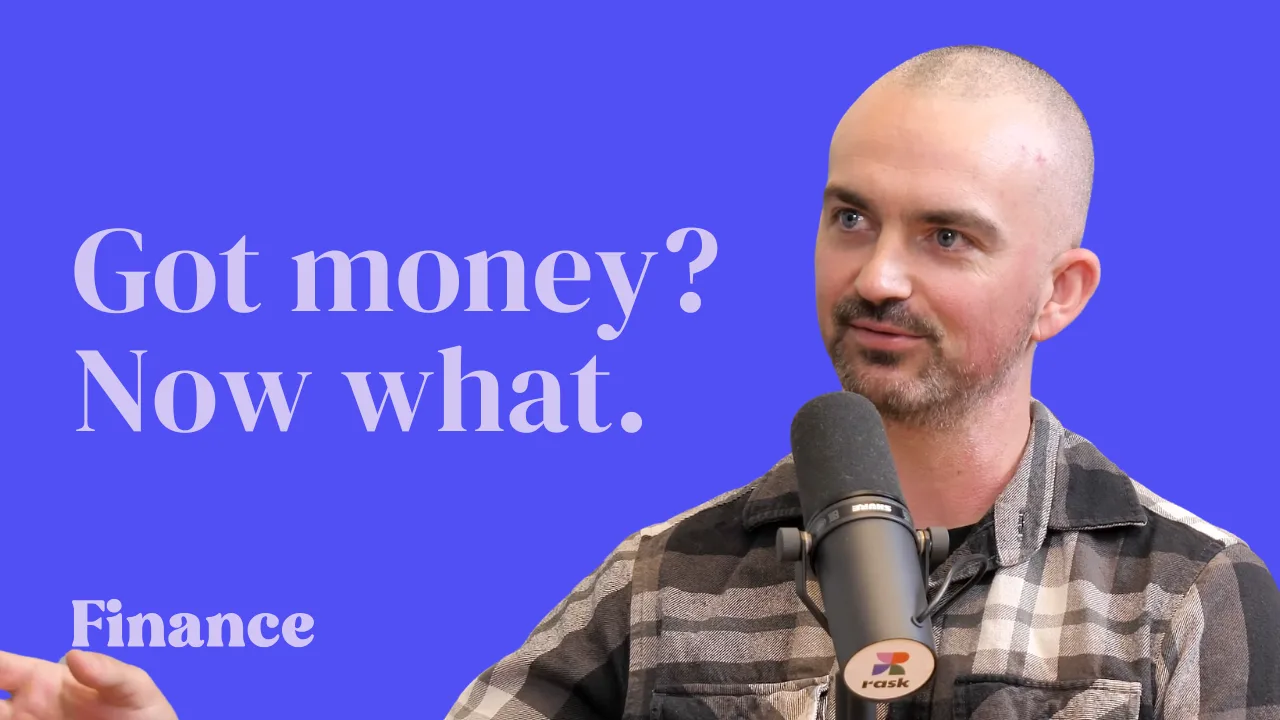Does the 4% rule commonly discussed by the Financial Independence, Retire Early (FIRE) movement still hold up?
In today’s conversation, Kate Campbell chats to Dr Paulo Costa, senior behavioural economist at Vanguard, about the FIRE movement, keeping investing simple, balancing different financial goals and achieving financial wellness.
About Dr Paulo Costa
Paulo Costa, Ph.D., is a senior behavioural economist in the Investment Strategy Group, where his research interests include behavioural finance, financial planning, and the value of financial advice.
Prior to joining Vanguard, his research focused on quantitative equity strategies and how the framing of financial information affects investor behaviour.
What is the 4% rule you ask? Here’s what Vanguard have to say:
Common investment advice for retirees often includes the 4% rule. Developed by William Bengen in 1994, the rule says a retiree with a 30-year time horizon could spend 4% of their portfolio the first year in retirement, followed by inflation-adjusted withdrawals in subsequent years.
The 4% rule can be a good start for retirees, but it most likely needs to be fine-tuned for the F.I.R.E. movement. The rule was conceived for a traditional retiree facing a retirement horizon of 30 years (Bengen, 1994), not for an early retiree who may spend over 50 years in retirement.
Read the full research paper here 📚
Here are some of the topics Kate & Paulo covered:
- Can you give us a brief history of John Bogle and Vanguard and the company’s mission?
- Why is it so important to understand our behaviour as people who want to manage their money better?
- What is your favourite behavioural finance story or lesson you can share?
- What are Vanguard’s principles for investing success? Can you share examples or actionable ways we can apply them as investors?
- What is financial wellness, and can you share some actionable ways to achieve it?
- How do we prepare our finances for the unexpected events of life? Plus, how can we financially recover when these events do happen?
- Let’s talk about the FIRE movement, which you’ve done some research on. Can you talk about the numbers behind FIRE and share an example? Why the 4% rule might not always work? What are the risks to be aware of?
- The 4% rule can be a good start for retirees, but it most likely needs to be fine-tuned for the F.I.R.E. movement. The rule was conceived for a traditional retiree facing a retirement horizon of 30 years (Bengen, 1994), not for an early retiree who may spend over 50 years in retirement.
- Listener Q from Can I retire yet?: Hey, love the show. What are your thoughts on the 4% rule for retirement calculations/withdrawal in the context of current high inflation and retirement age? (E.g. someone retiring at 50 vs 65)
- How do we better balance short, medium and long-term financial goals and make trade-offs between present and future you?
- Number #1 lesson you want to leave investors with





